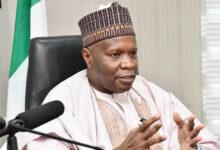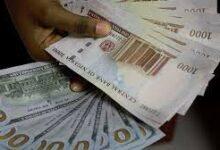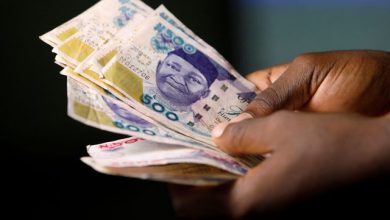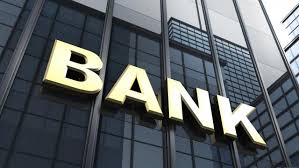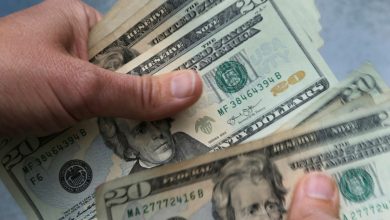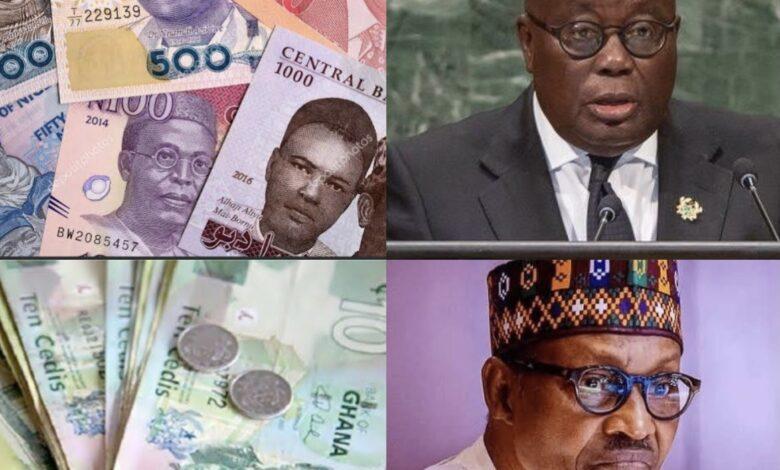
Difference between Nigerian currency and Ghanaian Currency
Difference between Nigerian currency and Ghanaian Currency- Nigeria and Ghana are two of the most prominent countries in West Africa. Both nations have a rich history, unique culture, and a growing economy.
However, when it comes to currency, both nations have their own distinctive monetary systems, with their own set of strengths and weaknesses. In this article, we will take a closer look at the difference between the Nigerian and Ghanaian currency, exploring their similarities and differences and how they impact the economy of each nation.InformationGuideNigeria
👉 Relocate to Canada Today!
Live, Study and Work in Canada. No Payment is Required! Hurry Now click here to Apply >> Immigrate to CanadaOne of the main differences between the Nigerian and Ghanaian currency is the level of stability. The Nigerian Naira has been subject to significant inflation in recent years, which has led to a decrease in its value compared to other international currencies.Difference between Nigerian currency and Ghanaian Currency
On the other hand, the Ghanaian Cedi has experienced a relatively stable exchange rate and has held its value well over the years. This stability has helped the Ghanaian economy to thrive, attracting foreign investment and promoting economic growth. In conclusion, it’s important to understand the differences between the Nigerian and Ghanaian currency to have a better understanding of the economic situation in both countries.
Read Also: Differences Between Gambling Laws in South Africa and Nigeria
What is Currency?
Currency refers to a medium of exchange that is widely accepted in transactions for goods and services. It is a unit of value that is used to facilitate trade and commerce, allowing people to buy and sell goods and services. Currency can take many forms, including physical coins and banknotes, as well as digital currency in the form of electronic money.
The most common forms of currency in use today are fiat currency, which is issued and backed by a government, and cryptocurrencies, which are decentralised and typically operate on a blockchain.
Characteristics of a Currency
A currency is a medium of exchange used to facilitate transactions between individuals and organisations. The following are the main characteristics of a currency:
- Acceptability
A currency must be widely accepted as a means of payment for goods and services in an economy.
- Durability
A currency must be able to withstand wear and tear over time, as well as maintain its value.
👉 Relocate to Canada Today!
Live, Study and Work in Canada. No Payment is Required! Hurry Now click here to Apply >> Immigrate to Canada- Portability
A currency must be easily transportable and exchangeable for goods and services.JAMB Portal
- Divisibility
A currency must be able to be divided into smaller units, allowing for transactions of different values.
- Scarcity
A currency must be limited in supply to maintain its value.20 Best Refrigerators in Nigeria and their Prices
- Fungibility
A currency must be interchangeable, with each unit being equivalent to any other unit of the same denomination.
- Security
A currency must be secure and difficult to counterfeit, in order to prevent fraudulent activities.
Read Also: Notable Differences Between Corn and Maize You Should Know
An Overview of Nigerian Currency
The currency of Nigeria is the Nigerian Naira (NGN). One Naira is divided into 100 Kobo. The Naira was introduced on January 1, 1973, to replace the Pound Sterling. The Naira is issued by the Central Bank of Nigeria, which was established in 1958.200 Romantic Love Message
The Naira has experienced significant devaluation in recent years due to a number of factors including inflation, political instability, and a dependence on oil exports. Despite these challenges, the Nigerian economy continues to grow and attract investment from abroad.
The Central Bank of Nigeria issues coins in denominations of 50 Kobo, 1 Naira, 5 Naira, and 10 Naira. Banknotes are issued in denominations of 5 Naira, 10 Naira, 20 Naira, 50 Naira, 100 Naira, 200 Naira, 500 Naira, and 1000 Naira. The design of the banknotes features famous Nigerians, historical landmarks, and wildlife.
Read Also: The Major Differences Between Marketing And Advertising
An Overview of Ghanaian Currency
The currency used in Ghana is the Ghanaian cedi (GHS). It is divided into 100 smaller units called pesewas. The cedi is abbreviated as “GH₵”.NYSC Portal
The cedi was introduced in July 2007, replacing the previous currency, the Ghanaian pound. The Bank of Ghana is the central bank responsible for issuing and managing the country’s currency.
The Ghanaian cedi is pegged to a basket of currencies, primarily the US dollar, to maintain stability and control inflation. The exchange rate between the cedi and the US dollar fluctuates based on market conditions; as of 2023, the exchange rate was roughly 12.37 GHS to 1 USD.
Read Also: Top 8 most effective and quick hacks for SEO that make a difference in your site ranking
Difference between Nigerian Currency and Ghanaian Currency
-
Name
The currency used in Nigeria is the Nigerian Naira (NGN), while the currency used in Ghana is the Ghanaian Cedi (GHS).20 Mannequin and their Prices in Nigeria
-
Symbol
The symbol for the Nigerian Naira is ₦, while the symbol for the Ghanaian Cedi is GH₵.
-
Denominations
The Nigerian Naira comes in denominations of 50 Kobo, 1 Naira, 5 Naira, 10 Naira, 20 Naira, 50 Naira, 100 Naira, 200 Naira, and 500 Naira, while the Ghanaian Cedi comes in denominations of GH₵1, GH₵2, GH₵5, GH₵10, GH₵20, GH₵50, and GH₵100.105 Good Morning Love Messages
-
Exchange rate
The exchange rate between the Nigerian Naira and the Ghanaian Cedi varies and can fluctuate.
-
Banknotes
The Nigerian Naira is available in both banknotes and coins, while the Ghanaian Cedi is available only in banknotes.
-
Central bank
The central bank of Nigeria is the Central Bank of Nigeria (CBN), while the central bank of Ghana is the Bank of Ghana (BOG).
-
History
The Nigerian Naira was introduced in 1973, while the Ghanaian Cedi was introduced in 1965.
-
Inflation
Nigeria has experienced high inflation in the past, while Ghana has relatively low inflation.
-
Economic stability
The economies of both Nigeria and Ghana are considered to be growing and relatively stable, although Nigeria is considered to be the larger and more developed of the two economies.
-
Use
The Nigerian Naira and the Ghanaian Cedi are both widely used within their respective countries and are also accepted as a means of payment in some neighbouring countries.
Read Also: 10 Major Differences Between Upon and Apon You Should Know
Conclusion
The Nigerian Naira and the Ghanaian Cedi are the two most widely used currencies in West Africa. Despite being in the same region and having a shared history, both currencies have distinct features and value. The Naira is stronger than the Cedi, with a lower inflation rate and a more stable economy. However, the Cedi has a lower exchange rate, making it a more affordable option for travellers. Both currencies have undergone various changes and reforms to keep up with the changing economic landscape and to maintain their value.
Ultimately, the choice between the Naira and Cedi will depend on the individual’s needs and priorities. Whether you are a traveller, a business owner, or an investor, it is essential to stay informed about the latest developments in both currencies to make informed decisions.
Check JAMB Result
Check and Confirm: How much is Dollar to Naira
